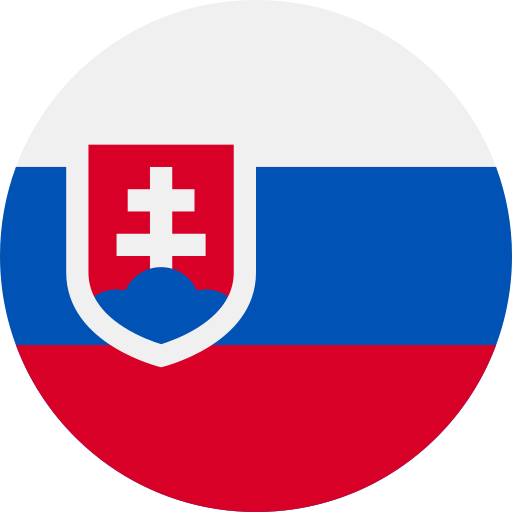Crowdfunding Licence in Lithuania
Unlock the boundless opportunities of the European crowdfunding landscape with our tailored licensing services. Embrace the dynamic world of crowdfunding, where entrepreneurial visions meet eager investors, fostering innovation and growth.
Whether you’re drawn to lending-based platforms, empowering investments and economic ventures, or the diverse realm of investment-based crowdfunding, we offer comprehensive support to navigate the regulatory intricacies.
Submit an application for a Crowdfunding Licence in Lithuania Submit an application


